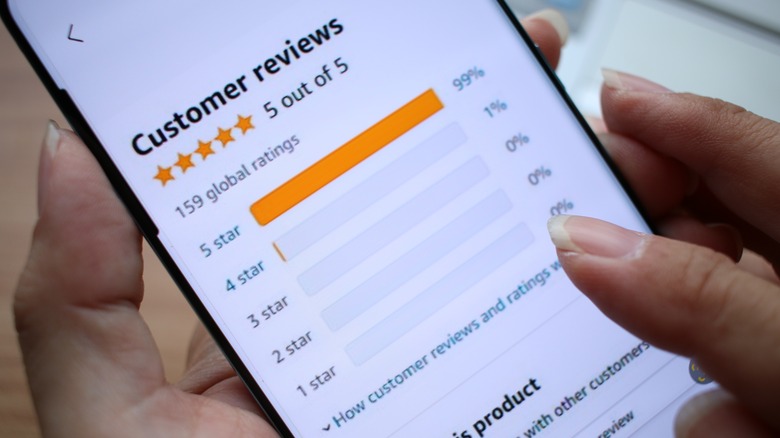FTC Proposes Ban On Fake Online Reviews
The Federal Trade Commission (FTC) is trying to clamp down on fake reviews, including those that have been plaguing sites like Amazon for years now. It is hoped that a tough set of new rules will eliminate the false endorsements, and punish sellers that continue to pad their scores.
Under the proposed system, it will be illegal for a company to sell or obtain "fake reviews or testimonials." The reviews in question explicitly refer to reviews that are written "by someone who does not exist, who did not have experience with the product or service, or who misrepresented their experiences." People connected to, or employed by, the seller will also be forbidden from leaving reviews without explicitly stating their exact relationship with the company. Real reviews are also affected, in that companies can't use things like legal threats and false accusations to prevent or remove negative reviews.
Companies are also not allowed to make it look like a review written in reference to one product is actually referring to another — nor are they allowed to pay for either positive or negative reviews. New rules will also be added forbidding companies from owning a website that both reviews their products and claims to be impartial, and from selling "fake social media indicators" including fake followers and likes.
The new rules may not be enough
Fake reviews are a big problem, and the new rules may not go far enough. Leaving false reviews has been against Amazon's terms of service for years. Despite Amazon working hard to clamp down on the practice by removing sellers and closing the accounts of those abusing the system — the problem has persisted. The company has even gone as far as to target companies selling fake reviews with legal action.
If we're being cynical, the new rules may fall short for a number of reasons. Many companies buying the fake reviews are based abroad and simply disappear when caught only to pop up again under a slightly different name. Many fake review companies are equally shady, operating on sites like Facebook and Twitter, revealing little information, and being incredibly hard to trace and prosecute.
The wording the companies use may also make prosecution difficult. "Reviewers" are usually asked to legitimately purchase a product, with a promise of full reimbursement. They are then asked to give "honest feedback." If that feedback is positive, the "reviewers" may then be politely asked to post it on Amazon or a similar site.
This doesn't mean the regulations aren't a step in the right direction. Fake reviews undermine Amazon's business model and may lead to its customers getting ripped off. It also harms plenty of small businesses that have legitimately decent products and have chosen to play by the rules.

